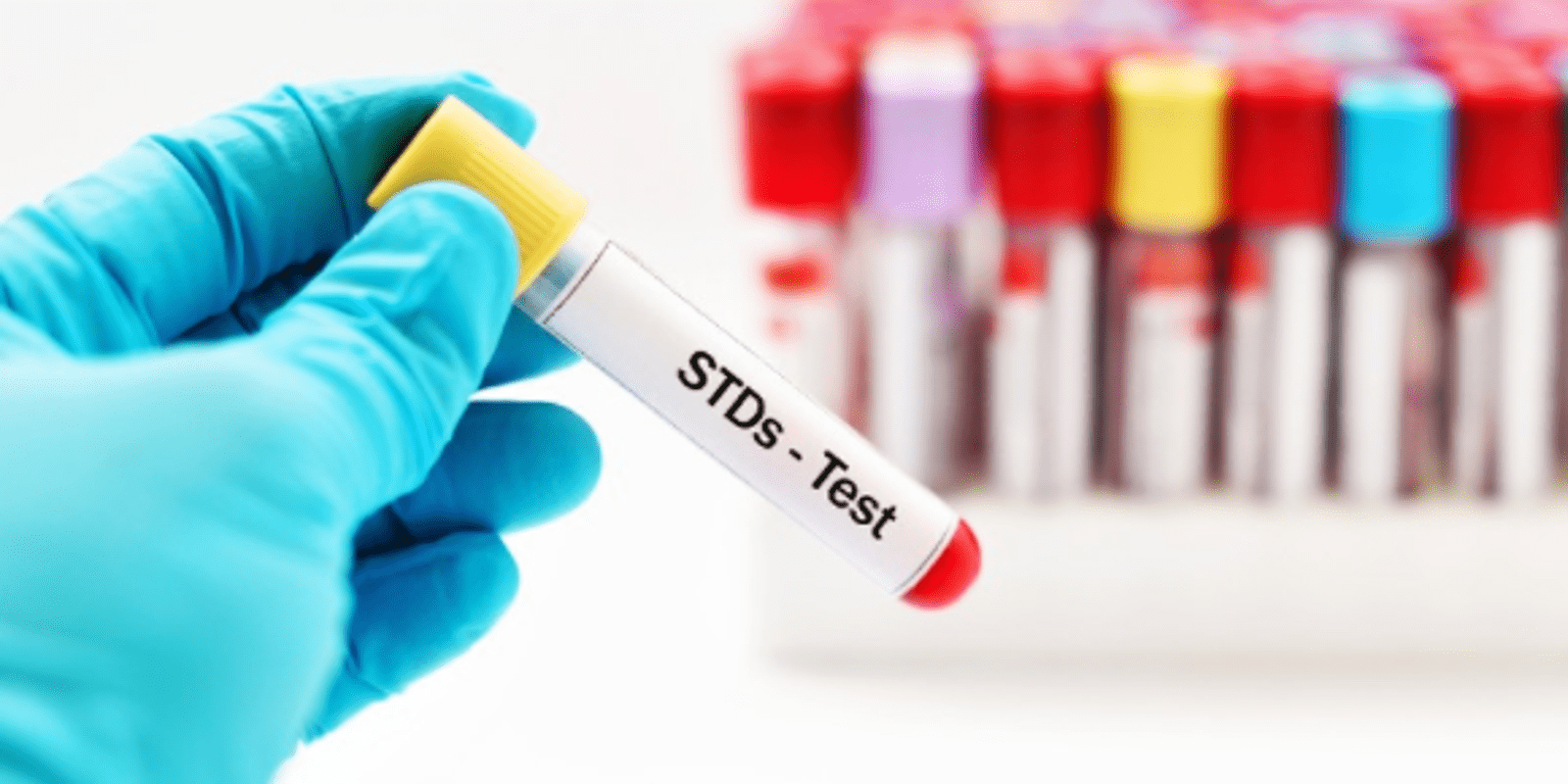STD’s (Sexually Transmitted Diseases)

HPV viruses, genital herpes, AIDS/HIV, hepatitis B, gonorrhoea, and syphilis are among the most common sexually transmitted diseases in the world. Any suspicion of so-called STDs should definitely be clarified by a doctor. An examination and corresponding tests are offered at our partner clinics for Urology.
HPV viruses (human papillomaviruses):
HPV viruses infect epithelial cells of the mucous membranes and skin and can thus cause uncontrolled, tumour-like growth. Many of these tumours are usually benign and only manifest themselves as warts on the affected area. However, they can also cause cervical cancer or carcinoma of the penis. Genital warts (genital warts) are infections in the genital or anal area. With appropriate treatment, an HPV infection heals within a few months, but the risk of recurrence is very high. For more information about HPV viruses, please click this link.
Genital herpes:
A very common sexually transmitted disease is genital herpes. Infection with this sexually transmitted disease occurs exclusively through unprotected sexual intercourse. The disease usually manifests itself as painful, itchy skin blisters in the genital area. Growths on the genital organs can also be symptoms of genital herpes. If you are infected with the herpes simplex virus, you can expect a recurrence of the disease.
AIDS/HIV and hepatitis B:
HIV stands for human immunodeficiency virus. Infection with HIV, or the hepatitis B virus (HBV), occurs through the exchange of bodily fluids. Blood, semen, vaginal secretions, and breast milk are considered potential carriers. Infection with HIV or HBV can occur after just one unprotected sexual encounter. You can protect yourself against the HB virus with a vaccination. Infection with the HI virus can be treated with a combination of drugs. However, it is not yet possible to completely eliminate the HI virus from the body. The therapy options attempt to prevent the outbreak of AIDS. The most effective measure against HIV infection is to always have protected sexual intercourse with a condom. If you belong to a risk group or regularly have unprotected sexual intercourse, you should come to any of our partners clinics for regular check-ups.
Gonorrhoea (gonorrhoea), chlamydia:
Urethritis (urethritis) caused by gonococci (gonorrhoea) or chlamydia is often the result of unprotected sexual contact.
The main symptoms in men are burning pain when urinating, discharge from the urethra (slimy, yellowish-creamy), or inflammation of the prostate. If not treated quickly and correctly, this disease can cause a narrowing in the urethra and also in the prostate gland.
In women, the symptoms are usually foul-smelling discharge and a slight burning sensation when urinating, painful inflammation of the Bartholin’s glands, or inflammation of the lining of the uterus or fallopian tubes, which can lead to infertility.
In any case, rapid treatment and therapy are necessary in order to avoid possible consequential damage (infertility). Furthermore, all sexual partners must be informed of a gonorrhoea or chlamydia infection, as these also require treatment.
Syphilis (Leus):
Syphilis is also an STD and is transmitted through unprotected sexual intercourse. Transmission can occur through any contact with the mucous membranes. The disease usually begins with painless ulcers on the mucous membranes and swelling of the lymph nodes. In the chronic course of the disease, the symptoms are usually skin and organ infestation and destruction of the central nervous system.
If the diagnosis is made in time, syphilis can be treated with an antibiotic (penicillin). Affected patients do not suffer any consequences from syphilis if it is treated in good time.
Feel free to contact us if you have any inquiries or any additional questions.
*Pharmalps is not a clinic*
**Pharmalps offers health tourism consultancy**

